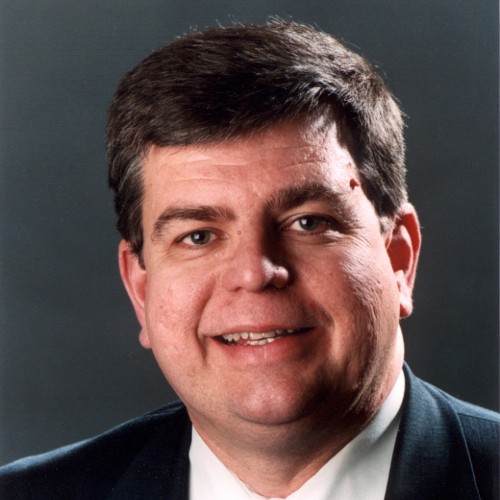Management Shake-Up at Kistler Aerospace
Breaking space news, the latest updates on rocket launches, skywatching events and more!
You are now subscribed
Your newsletter sign-up was successful
Want to add more newsletters?
WASHINGTON -- Kistler Aerospace has revamped its management, bringing in two former top aerospace executives at Boeing to get the company's reusable rocket program moving again.
Will Trafton, president of Boeing Launch Services, resigned that position Aug. 10 to become the new chief operating officer of Kirtland, Washington-based Kistler Aerospace. Trafton will report to a former colleague, Randy Brinkley, who previously was president of Boeing Satellite Services.
Brinkley will be Kistler's chief executive officer.
Trafton was NASA's associate administrator for space flight from 1993 to 1997 and also served as the head of the agency's human exploration and development of space organization. In those jobs Trafton was responsible for the space shuttle, the international space station program, expendable launches and space communications. During his tenure NASA brought the Russian space agency Rosviakosmos into the international space station program and got the initial Russian hardware launched to begin assembly of the multi-billion-dollar space laboratory.
Brinkley worked for NASA about five years during the same period as the program manager on the international space station program and oversaw the launch and assembly of the initial Russian and U.S.-built components of the space station. "This is no more challenging than building the International Space Station," Brinkley said. "We wouldn't be here if we didn't think it could be done."
Both men said they were convinced by one of Kistler's major investors, Doug Teitelbaum, director of Bay Harbour Management, of New York, that the company will be able emerge from bankruptcy later this year and raise the roughly $500 million it needs to complete the Kistler K-1, a planned reusable rocket that would take off and land vertically. Brinkley, who has been working as an advisor to Kistler Aerospace since March said the K-1 is over 70 percent complete, including the engines and 21 of 26 structural components. He said the first launch could occur 15 months after a re-start of the program. Brinkley said the company still has about 20 employees - a group he characterized as one that has "more knowledge about this business than any other. If we get the money we will be successful" George Mueller, who had been serving as Kistler's CEO, will stay on as chairman of the board and chief vehicle architect, according to a company press release.
Brinkley said Kistler will target the U.S. government market initially, aiming to sell launch services to NASA and the Defense Department.
Breaking space news, the latest updates on rocket launches, skywatching events and more!
Kistler lost a NASA award this summer that analysts said would have positioned the company to win space station resupply business.
NASA agreed in February to pay Kistler as much as $54.2 million for K-1 flight data under an award made by exercising an option under a 2001 contract. NASA officials said at the time that they needed the data to support future decisions about delivering cargo to the international space station using vehicles other than the space shuttle. But NASA's decision not to seek competing bids for the flight data drew a protest from El Segundo, Calif.-based Space Exploration Technologies, a Kistler rival developing a low-cost, partly reusable rocket dubbed Falcon 1. The U.S. General Accounting Office, called upon to referee the dispute, informed NASA in June that it stood to protest and NASA subsequently withdrew the award.
Brinkley anticipates NASA going out with a new solicitation for launch services, including space station resupply, this month and said he looks forward to competing for the business on a level playing field.

After a long and successful career in journalism and public relations, Lon Rains is now retired. A graduate from the University of Maryland, Lon went on to have a 25-year career in journalism, including 15 years as the Editor of the weekly broadsheet newspaper Space News. Then he spent 11 years as a Director of Communications at Northrop Grumman, a multinational aerospace and defense company, before retiring in 2019.
